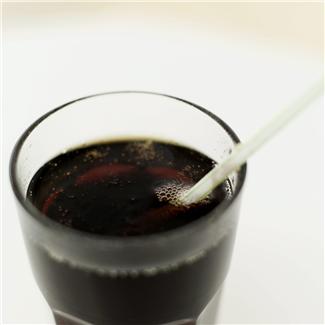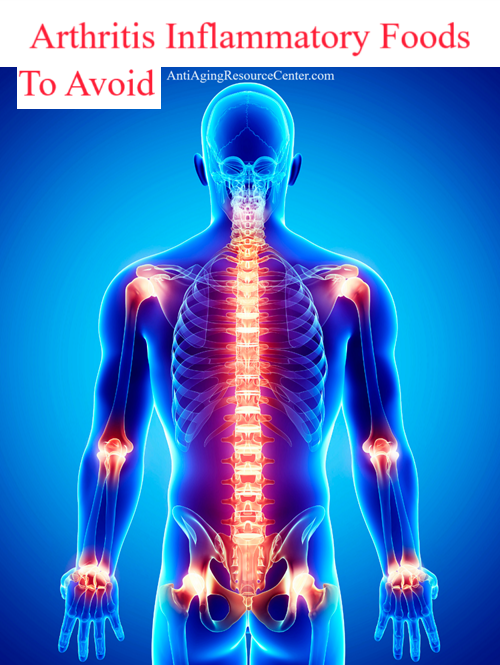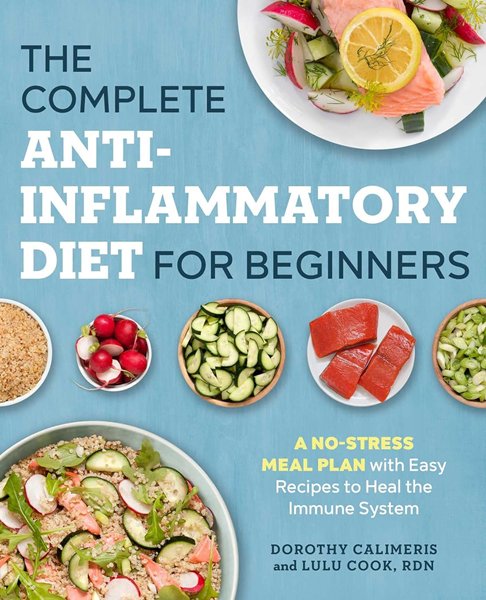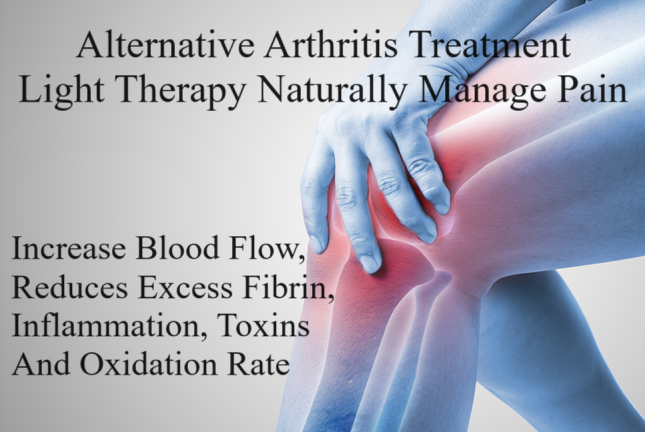We include products we think are useful for our readers. However, when you buy something through our retail links, we may earn an affiliate commission.
Arthritis Inflammatory
Foods to Avoid
Arthritis Inflammatory Foods to Avoid. Top eight food categories that cause inflammation.
There Are Certain Foods That Impact Arthritis Significantly
Avoiding these foods can greatly reduce joint inflammation and pain and could stop the flare ups altogether. Arthritis inflammatory foods to avoid and why you should avoid them. Inflammation is a key player in arthritis as well as any inflammatory disease it can significantly increase the severity of symptoms.
Inflammation can exacerbate arthritis symptoms and cause additional joint pain and swelling. Certain food categories are known to often provoke inflammation and might be best avoided if you have arthritis or any inflammatory disease.
This is especially prominent in conditions like rheumatoid arthritis, gout and psoriatic arthritis, which are characterized by an overactive immune system leading to chronic inflammation. Avoiding these foods can greatly reduce joint inflammation and pain and could stop the flare ups altogether. Certain foods impact arthritis significantly, and not in a good way.
Moreover, inflammation doesn't just affect the
joints. It can also affect other systems in the body, lead to fatigue,
and harm the heart, lungs, and other organs. Therefore, managing
inflammation is a crucial component of arthritis treatment.
Osteoarthritis
(OA) also known as degenerative arthritis is the most common form
of the arthritis diseases affecting 500 million people worldwide. While regular OA is not an inflammatory
disease a steady diet of anti-inflammatory can help in reducing inflammation
in the joints and potentially slow the progression of damage.
Rheumatoid arthritis is an autoimmune disease that impacts an estimated 18 million people worldwide with chronic inflammation of the joints that cause pain, stiffness and swelling.
Eating foods that cause inflammation can worsen arthritis symptoms and can impact the progression of this disease.
But staying away from these arthritis inflammatory foods helps relieve symptoms associated with arthritis.
Here's Why You Should
Avoid Inflammatory Foods
1. Increased Pain: Inflammatory foods can increase inflammation in the body, leading to higher levels of pain in the joints affected by arthritis.
2. Increased Stiffness and Swelling: Inflammatory foods can contribute to increased stiffness and swelling in and around your joints, which can limit mobility and affect your quality of life.
3. Further Joint Damage: Chronic inflammation from arthritis can lead to further joint damage over time. Reducing inflammation through dietary changes such as an RA diet with all its super-foods can help to slow this process and preserve joint health.
4. Cardiovascular Health: People with arthritis are more likely to have co-existing health conditions, such as heart disease. Many foods that cause inflammation are also high in saturated fats and cholesterol, which can increase the risk of heart disease.
5. Weight Management: Many inflammatory foods are also high in calories. Maintaining a healthy weight can reduce stress on joints and help manage arthritis symptoms.
6. Overall Health: A balanced, anti-inflammatory diet contributes to overall better health and well-being, supporting not just joint health but your immune system, bone health, and mental health as well.
Top 8 Arthritis Inflammatory Foods To Avoid

Avoiding the following arthritis inflammatory food categories can be very beneficial in eliminating arthritic symptoms. This list is in no particular order.
8. Empty Calories Foods With No Nutritional Value
Jelly beans, energy drinks, pastries, fruit drinks, and cakes are examples of empty calories, foods that contain little or no nutritional value, but which can easily add more inches to your waistline. Excess weight increases the load placed on your joints, which may not only speed the breakdown of cartilage, but also can make joint pain and swelling worse.
Further, fat tissue in your body releases pro-inflammatory chemicals, such as cytokines, visit Cleveland Clinic for more about cytokines, which can influence the development of arthritis. Losing even a small amount of weight may have a beneficial impact on your risk of developing arthritis, as well as your current symptoms.
7. Gluten A Protein That Can Trigger Flare Ups
Although a formal link has yet to be established, joint pain is a common symptom described by people with gluten sensitivity, or gluten intolerance.
People who are sensitive to gluten, a protein found in wheat, rye and barley, may provoke an innate immune response that can trigger symptoms such as joint pain, hours or even days later.
To find out if gluten is contributing to your arthritis symptoms, eliminate it from your diet for 2 weeks, then slowly reintroduce it and watch for any symptom flare-ups.
6. Nightshade Vegetables And Calcium Deposits
Nightshade vegetables, including potatoes, tomatoes, eggplant, peppers and tobacco, contain calcitriol, an active form of vitamin D that may lead to calcium deposits in soft tissues such as tendons, ligaments, cartilage and joints if over consumed. This may cause or contribute to inflammation and joint pain, particularly in those who are sensitive.
As with gluten, an elimination diet can help you determine if nightshade vegetables are problematic for you.
5. Vegetable Oils Most Common in Processed Foods and Fast Foods
Soybean, corn, peanut, safflower and sunflower oils are examples of vegetable oils that are rich in omega-6 fats, most Americans consume far too much of this arthritis inflammatory food. It is not only a matter of the oil you use for cooking at home, but far more, these vegetable oils are added to just about every processed food and, that can end up being a problem.
Eating too many of these omega-6 fats can increase inflammation in your body, making your arthritis symptoms worse.
4. Refined Carbohydrates Fall Into Three Arthritis Inflammatory Food Categories
Refined carbohydrates are sugary foods, prepackaged foods and highly processed foods, like fast food and TV dinners. Do you notice that your joints seem achier when you’ve been eating a lot of muffins, bagels, cookies, doughnuts or pasta? This may be because these refined carbs lead to spikes in your blood sugar and insulin, and in turn increase body-wide inflammation significantly.
*Refined carbs fall into three of the inflammatory foods categories. This fact alone should let you know how bad they are for inflammation.
3. Blackened, Barbecued Foods And Processed Foods

Advanced Glycation End Product (AGE) Foods Are Highly Inflammatory
AGE doesn’t refer to how old you are, rather it means Advanced Glycation End Product (AGE), it is a toxin that appears when foods are cooked or prepared at high temps.
Foods cooked at high temperatures include char-broiled, blackened, barbecued, fried and pasteurized, often contain harmful byproducts of the cooking process called AGEs.
Advanced Glycation End Product (AGE) foods are highly inflammatory and can damage your tissues, making your arthritis worse.
AGEs damage certain proteins in the body, and the body tries to break these AGEs apart by using cytokines, which are inflammatory messengers. Depending on where the AGEs occur, they may result in arthritis or other forms of inflammation within the body. AGEs are high in animal derived foods that are high in fat and protein, in particular red meat once it is cooked.
Foods that fall into the category of refined carbohydrates are also high in AGEs.
2. Synthetic Trans Fats Are At The Root Cause Of Many Arthritis Symptoms.
You should limit your intake of trans fats, common in partially hydrogenated oils, as much as possible. Trans fats are strongly linked to systemic chronic inflammation, which is at the root of many arthritis symptoms.
Common foods that contain trans fats include savory snacks (like microwave popcorn), fried foods, frozen pizzas, cake, cookies, pie, margarine's and spreads, ready-to-use frosting, and coffee creamers.
1. Beverages That Can Cause Inflammation

Soda, Soda Pop, Soft Drink Are Just Bad News Altogether For Your Health.
Excessive consumption of certain beverages or drinks that are labelled as health drinks can cause inflammation, leading to various chronic inflammatory conditions.
1. Soda: Is said to cause inflammation in the body due to its high sugar content. In addition, a study from NHI proves that the excessive consumption of sugar-sweetened soda is associated with the risk of inflammatory diseases such as type 2 diabetes and heart-related issues.
2. Sweet Tea: Tea is one of the most consumed beverages in the world. However, consume sugar-sweetened beverages like sweet tea in moderation because they can increase the risk of inflammation.
3. Sugary Coffees: Coffee might have beneficial effects on inflammation due to its plant compounds. Still, sugary lattes and cappuccinos are full of sugar syrups, caramel sauces, whipped creams etc.
4. Energy Drinks: There have been several reports that showed adverse health effects associated with energy drink like cardiovascular effects, neurological effects, metabolic
effects etc. You can read more on the study of energy drinks at NHI.org.
5. Alcoholic Beverages: In healthy individuals, the liver plays a key role in detoxifying lipopolysaccharide (LPS). But alcohol can damage the liver, as well as the central nervous system (CNS), which also plays a role in preventing inflammation.
Basically, alcohol can not only cause inflammation, but it can also impair your body’s ability to regulate that inflammation
Can Candida Yeast Overgrowth Cause Arthritis?
The answer is yes. Candida species are the most common cause of fungal arthritis and osteomyelitis, and can cause invasive joint and bone disease. Fungal arthritis is inflammation of a joint by this fungus that has made its way to one or more of your joints.
Symptoms of Candida fungal arthritis are associated with swelling, pain and stiffness in your joints. Candida yeast is a fungi that is in everyone's body in small amounts, but when it overgrows into an infection, it can wreak havoc on your body.
This yeast thrives on sugar, processed foods, fast food and most foods that are prepackaged.
It is an inflammatory invader causing inflammation and flare ups associated with rheumatoid arthritis, osteoarthritis, psoriasis, Crohn's disease and many other autoimmune diseases.
Avoiding Inflammatory Foods Is Essential
In Reducing Arthritis Inflammation
Typical treatment involves pain reducing medication, but why not rely on healthy foods instead of medications. While there is no definitive arthritis diet, there are anti inflammatory diets and research suggests avoiding arthritis inflammatory foods does reduce the triggering of joint inflammation and pain and could possibly eliminate the need for pain medications altogether.
Which is a good thing considering how destructive pain medications are on our body's filtering organs, the liver and kidneys.
It is not enough just to avoid arthritis inflammatory foods but including super foods for reducing inflammation gives the best results for reducing inflammation.
Reduce Inflammation And Ease
Chronic Pain With This Beginner Friendly
Anti Inflammatory Cookbook
Read More
Recent Articles
-
Guide To Botanical Facial Oils And Harnessing Their Anti-Aging Powers.
Feb 07, 24 06:48 PM
A complete guide to botanical facial oils that takes the guesswork out of these magical elixirs, and the powerful benefits that plant oils have to offer your skin. -
Is Exfoliating Your Skin Important? The answer is yes! Especially if..
Dec 29, 23 11:29 PM
Exfoliating your skin is important to help determine how radiant, healthy and younger looking our skin will feel and look so, exfoliating it is an important step in our skincare routine.. -
Healthy Water, What Is The Best Healthiest Drinking Water?
Dec 29, 23 01:11 PM
Healthy water keeps our cells regenerated, replenished and plump giving them the energy to rebuild and function properly. You want to give your body the best possible water available, right?












